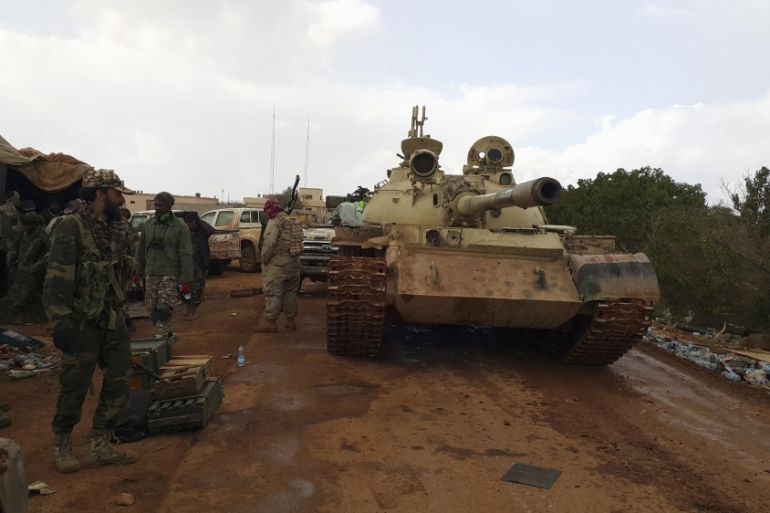Talks resume between Libyan rivals in Morocco
UN-brokered meetings seek to end conflict between two competing legislative bodies as clashes continue in the country.

Representatives from Libya’s two rival governments are meeting in Morocco for UN-brokered talks to end the conflict that has split the country.
Delegates at Friday’s meeting, in the resort of Skhirat on the country’s western coast, are expected to consider a six-point UN proposal to end the conflict.
The plan set out by Bernardino Leon, the UN envoy, calls for the setting up a transitional unity government until constitution is adopted and fresh elections are held.
Leon warned on Wednesday the talks in Morocco would be the last chance to end the conflict, in comments reported by the AFP news agency.
“I really hope that the negotiators that are coming today are understanding that we cannot wait any more and this will really be the final round,” Leon said.
“The patience of Libyans is finished and the patience of the international community is finished.”
|
|
The resumption of efforts to reach a deal followed an air strike by the Tobruk-based UN-recognised government on a rival-held airport near Tripoli.
The country is split between the UN-recognised government, the House of Representatives headed by Abdullah al-Thinni, and the legally installed government, the General National Council, which existed prior to elections held last year and is backed by the Libya Dawn alliance.
In November last yeark, Libya’s Supreme Court cancelled the outcome of elections that brought the House of Representatives to power, essentially making its legal mandate void.
The two sides are made up of a series of complex alliances based on tribal, city, religious, ethnic, and political affiliation.
On Tuesday, military chief of the Tobruk-based government, General Khalifa Haftar, cast doubt on the outcome and said he was “betting on a military solution”.
Haftar’s Libya Dignity campaign against the rival Tripoli-based government has so far not succeeded in toppling the GNC despite military help from Egypt and the UAE.
The country is also contending with a growing presence of the Islamic State of Iraq and the Levant (ISIL) group, which holds territory in the cities of Sirte and Derna, and was responsible for a massacre of 21 mainly Christian labourers in February.